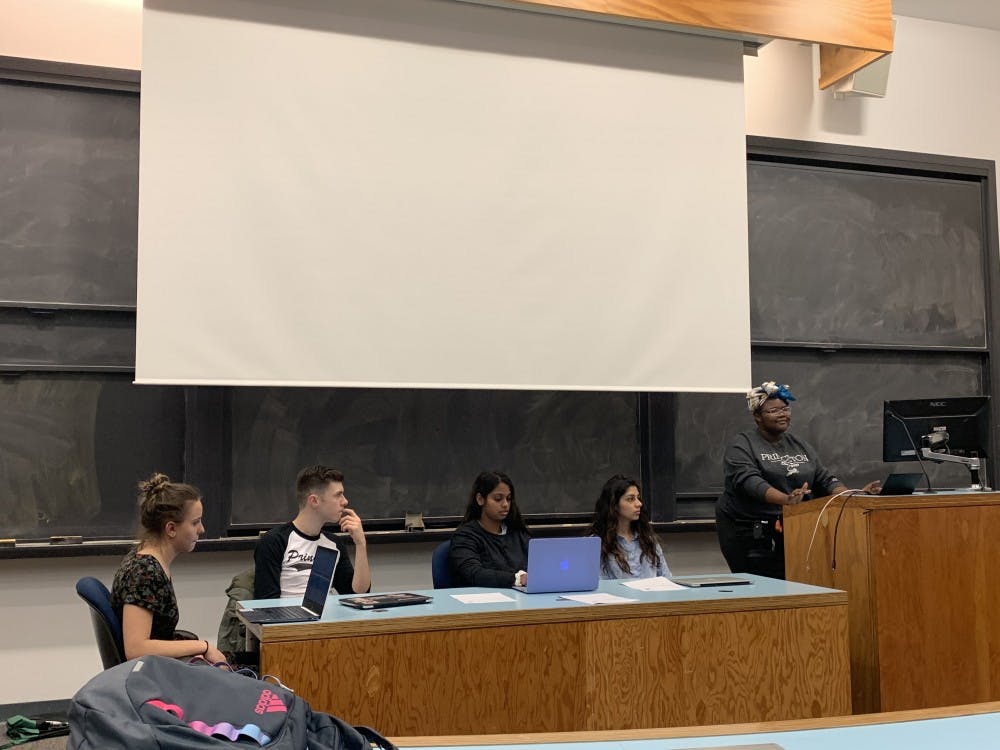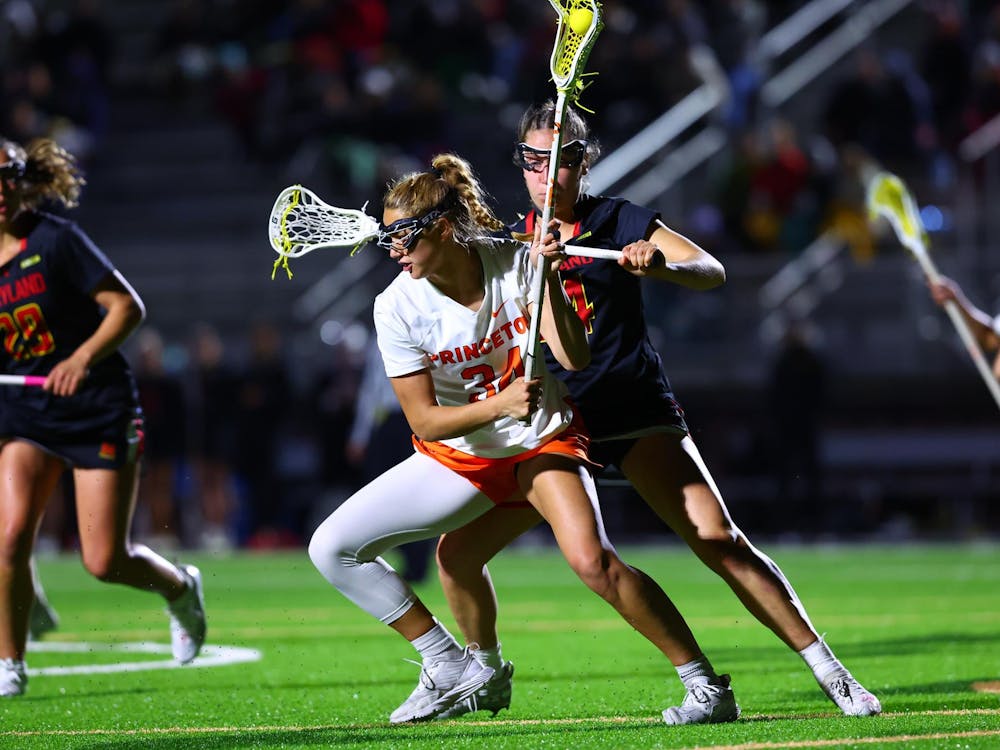It’s that time of the year again! Temperatures are dropping, students eagerly prepare for Winter Break, and the USG winter elections are finally over. In this exercise of student democracy, one position receives the most attention: the office of Undergraduate Student Government President. While debate will be sparked about what USG’s work should be, this election cycle introduced a candidate that has questioned the organization’s entire body of work. Voices eagerly argued that USG does nothing, perpetuating numerous misconceptions about the organization’s nature. While this makes for interesting discourse, I am not very fond of misinformation and misrepresentation, and neither is our student body.
As it has been mentioned before, USG is not a body with supreme authority over matters of academics and student life. It is — more precisely — a resource for students, provided by students, to raise issues that affect the community at large and to formulate a way to solve them. While this seems like a very public and exposed mission, during my time serving as U-Councilor, I have found that this task is mostly backstage work. USG representatives meet weekly with task forces, faculty, administrators, permanent and ad-hoc committees, and as a whole in the Senate itself. Every single second of these meetings is spent dealing with concrete issues that we have identified or that have been raised to us by constituents. These processes have brought tremendous change in recent years, and though they largely remain unseen by the general student body, most work in all levels of government happens in this fashion.
USG representatives have worked tirelessly and gotten results in a diverse array of issues. Rachel Yee’s administration effectively started and implemented a program to expand CPS services and bring them closer to students, a project that the Virk administration continued to nurture. Senate representatives met with the Working Group on Internships and represented the needs of international students like me, granting us the possibility of working during the summer despite regressive policies implemented by the Trump administration. USG members have sat on the Housing Committee, fixing the room draw process and advocating for better housing conditions. USG has advocated for a more humane Honor Committee, made available free menstrual products in most University bathrooms, and pushed for student input on the expansion of UHS. All of this has been done since I started my Princeton career back in the fall of 2018.
In addition, USG does not only work on big milestone projects, but is also an essential resource in the daily operations of students in our community. Through the Student Group Recognition Committee, we empower students to share their interests via new student organizations. Through Projects Board we assist groups through generous funding so they can carry out large events, bring speakers and various other endeavors. We meet with our task forces to carry out short and long-term goals on topics like sustainability, transparency, mental health and indigeneity. We also hold office hours each week in Frist, where we listen to students’ concerns and answer their questions on our projects and structure. And it is true: through our Social Committee we organize Lawnparties — and yes, we have a substantial budget for it — but this is the work of a single committee, with most of our effort being devoted to issues that impact students. USG and its members work tirelessly every day to carry out this diversity of projects. Hardly a bunch of platitudes and broken promises, if you ask me.
USG is a body geared towards the service of students, but we are also students ourselves, and we are imperfect. While USG has been committed to all of the previous initiatives and more, there is visible apathy from the student body, primarily because information about our work often doesn’t reach the entirety of the student body. It is tricky to inform such a busy and fast-paced audience such as Princeton undergraduates, and we certainly recognize that outreach is a big area where we can vastly improve. Ultimately, our purpose is for students to raise their issues to us, and that can be difficult when communication channels are unclear. Through our Transparency Task Force we have started to tackle this issue, but it will be a project in which we will certainly invest heavily in the future. Even then, everything we do, all the meetings we hold, is available for everyone to see in our website, and you can contact any USG representative, either via email or just by talking to them, to tell us what you think we should advocate for. Our senate meetings are open to the public, and we enthusiastically welcome visitors. You can certainly talk to us before or after the meetings!
In the end, as a member of USG, my opinions will be biased, but I am also in a position to communicate exactly what USG is about. I also do not pretend to represent any views other than my own. I believe that there are always issues where USG can do better, but the correct way to act is to be a channel, a conduit of communication. This recent presidential race was politicized unnecessarily. Feeding a campaign off of students’ gaps in knowledge about USG is not an ethical maneuver; it, in fact, parallels what is wrong with the American political system today. USG needs people who are committed to the diligent work that each position requires. Inspiring apathy in the student body will, by no means, make this better.
Juan José López Haddad is a sophomore from Caracas, Venezuela. He can be reached at jhaddad@princeton.edu.









